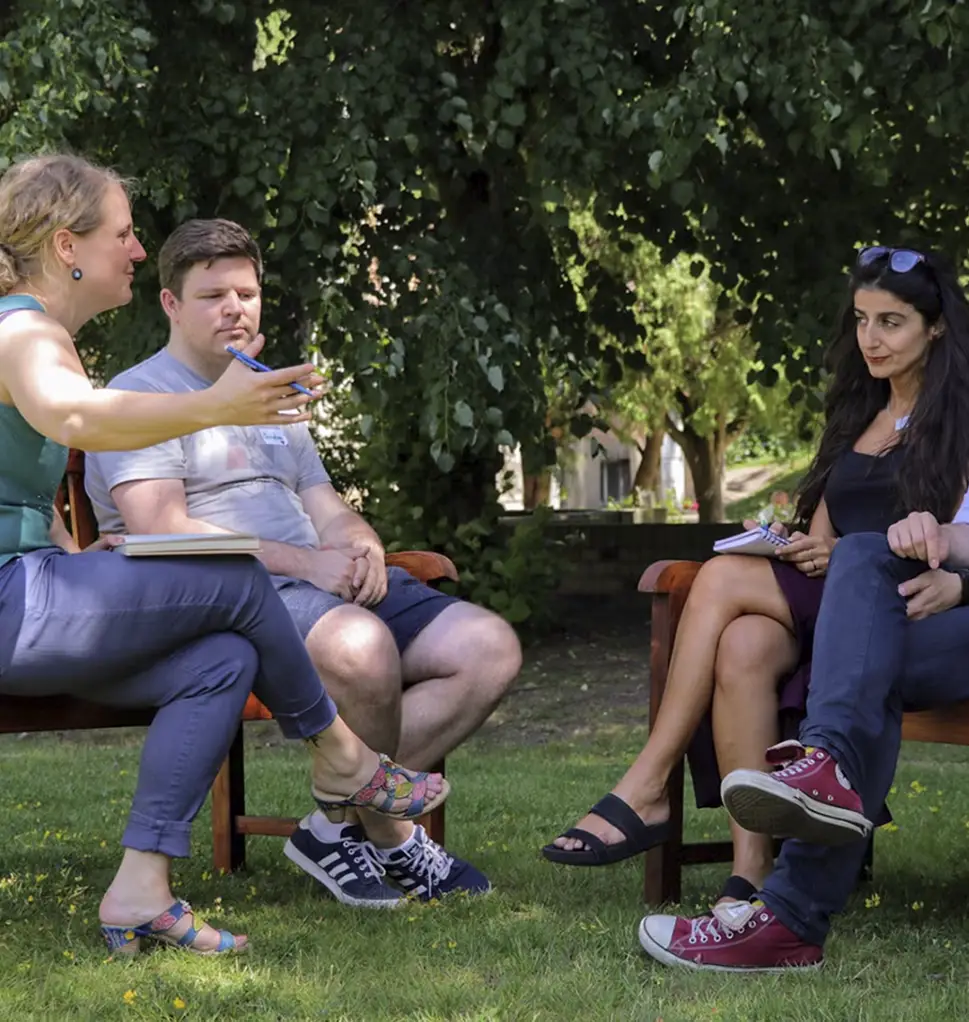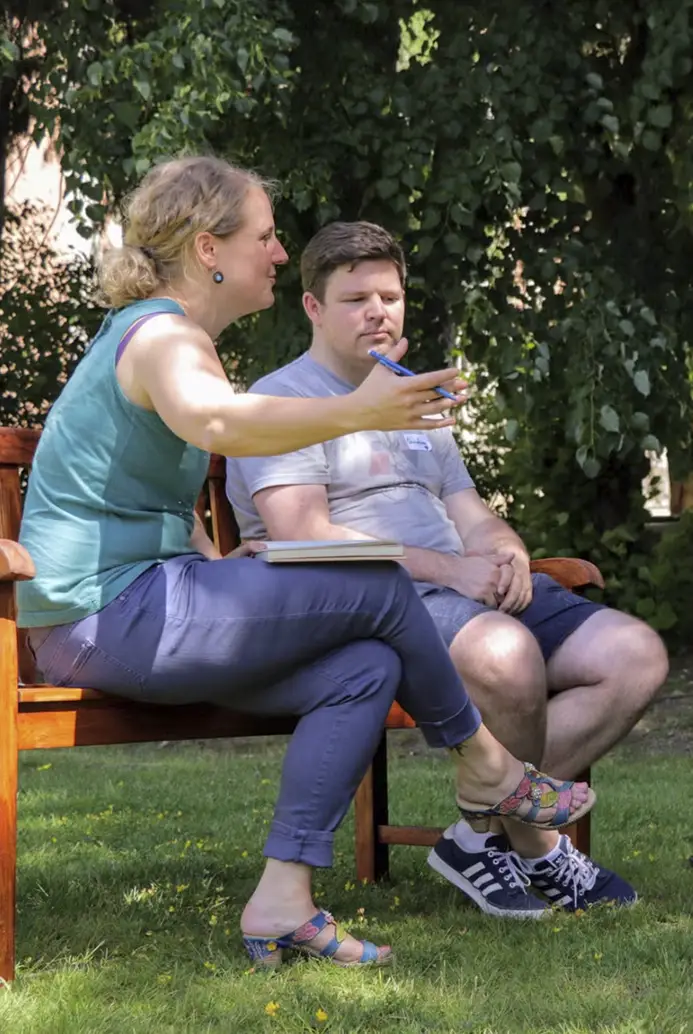



Concentration Description
Depth Psychology, as pioneered by Sigmund Freud and expanded by figures such as Carl Jung and Alfred Adler, offers a profound understanding of the inner workings of the human experience.
This foundational insight has set the stage for an ever-expanding exploration of the psyche.
Numerous scholars have shaped contemporary depth psychology, building upon and critiquing these initial theories. For instance, James Hillman introduced the concept of archetypal psychology, which revisits the role of myths and dreams in understanding the self.
Similarly, theorists like Jean Shinoda Bolen have blended Jungian psychology with gender studies and spirituality, offering a more nuanced approach to individual and collective unconscious processes.
Additionally, psychologists such as Donald Kalsched explored the realm of trauma, emphasizing how personal suffering can unveil profound truths about the mind, further deepening our understanding of the unconscious in therapeutic contexts.
Students interested in Depth Psychology can explore key areas of the human psyche, such as the unconscious, dreams, and the interplay of archetypes. The coursework experience at Meridian is designed to support professional practice in various settings, including psychotherapy, coaching, organizational consulting, career counseling, and teaching.
The Meridian Psychology curriculum integrates foundational theories with modern psychological practices, enabling a nuanced exploration of critical topics like trauma, gender, and personal transformation. It includes subjects such as the relationship between politics and psychology, and the intricacies of human development, exploring the hidden aspects of the psyche and their influence on behavior and society.
Depth Psychology practitioners navigate the intricate psychological landscapes of their clients through techniques such as dream analysis and active imagination to foster deep healing and growth. The Meridian Psychology curriculum also addresses the therapeutic use of myths and narratives, enabling practitioners to guide clients in the exploration and understanding of their life stories within a broader cultural and archetypal context.
Meridian’s Psychology curriculum emphasizes dynamic experiential practices that engage students with both the theoretical and practical aspects of depth psychology. By understanding these techniques, students are prepared to offer nuanced psychological interventions tailored to the individual needs of clients and organizations.
MARCEL PROUST

Sample Courses
- Human Development and the Shadow
- The Political Psyche
- Myth, Ritual and Story
- Intersubjective Fields and Transference
- Ego and Self in Depth Psychology
- Individuation and Alchemy
- Archetypal Psychology
— Jean Houston Scholar and Author





Academic Structure
Meridian’s academic structure gives students the flexibility to navigate the University’s curricular architecture in ways that match their passions, professional goals, and other life commitments.
The structure is designed to serve a diverse student body, who live around the globe, have varied cultural and clinical visions for their careers, and are at different stages in their professional journey.
Students enroll in a degree program, can elect a concentration, and register for one or multiple courses each quarter. In addition to core courses for the specific degree program and anchor courses that represent the Transformative Learning intent of Meridian’s curriculum, students select elective courses that align with their Meridian concentration, background, and career path.

Learning Formats
Meridian University offers two learning formats: Online and Hybrid.
- The Online format is ideal for students completing their degrees remotely, combining synchronous and asynchronous learning.
- The Hybrid format is tailored for those seeking a blend of online learning and in-person classes at Meridian’s Los Angeles Campus.
Introducing Unique Impact Scholarships
Available to Meridian University students worldwide, Meridian University's Impact Scholarships represent the University's commitment to supporting graduates to take transformative action in the fields of Business, Education, Leadership, and Psychology.
- The Meridian Social Entrepreneurship Scholarship
- The Meridian Developmental Coaching Scholarship
- The Meridian Collective Trauma Transformation Scholarship


Degrees Available
* Hybrid format available at the Los Angeles Campus.
Learn More
Interested in learning more about the programs at Meridian?
Contact An Advisor »Attend an Info Session »In-Person and Hybrid Learning
The Los Angeles Campus is the primary location for in-person and hybrid courses at Meridian University. Students have the opportunity to engage face-to-face with faculty and peers while also benefiting from the flexibility of online coursework.
Learn More About the Campus
Submitting
Stay Updated
Sign up below to learn more and stay updated regarding Meridian University's graduate and public programs.
